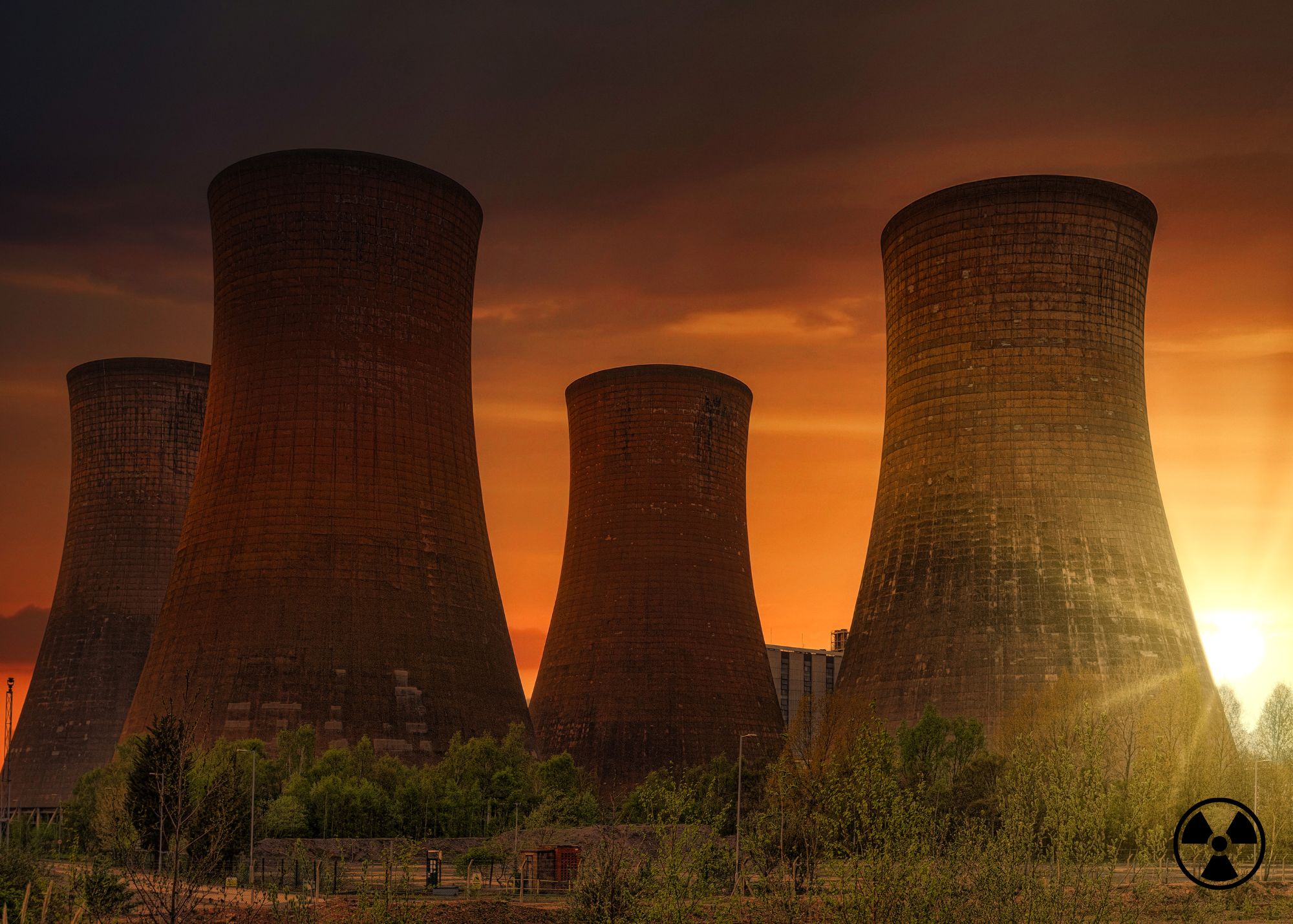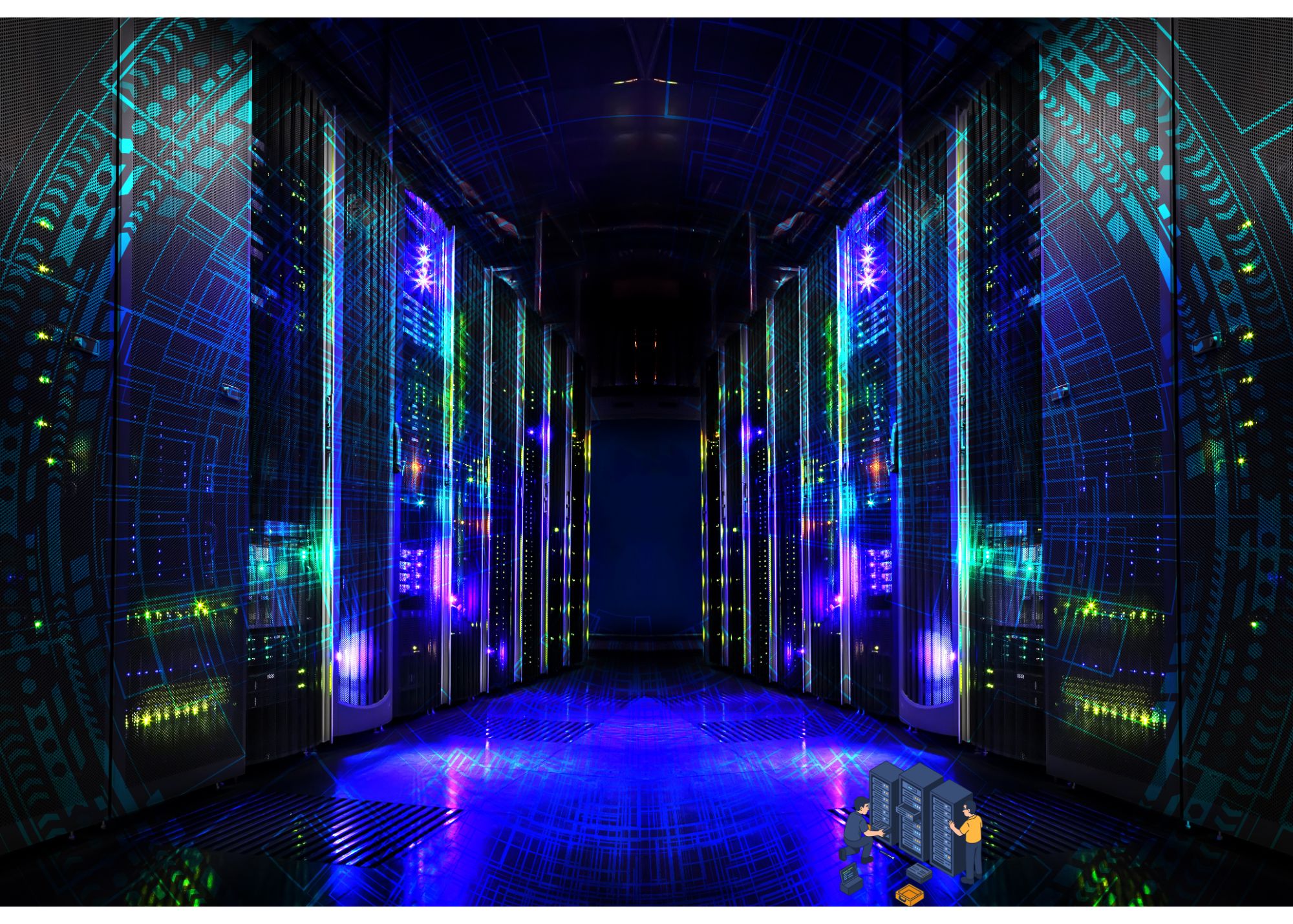Could This Tiny Nuclear Company Power the Future of Data and AI?
NuScale Power (NYSE: SMR) isn’t your typical energy company. It’s a trailblazing player in nuclear innovation, aiming to rewrite how the world generates clean, consistent power. Rather than betting on sprawling, billion-dollar nuclear facilities, NuScale is going small, really small, with its modular reactors, designed to be trucked in and switched on as needed.
It sounds futuristic. But the reality is closer than you might think. So the question is are investors looking at the next dominant energy disruptor, or is this a rocket ship that’s still grounded?
Key Points
-
NuScale is the only U.S.-approved SMR provider, giving it a lead in powering future energy needs like data centers.
-
Strong backing and $500M+ in cash support growth, but the stock trades at 78x sales, pricing in near-perfect execution.
-
Share count has tripled since going public, raising concerns about long-term investor returns despite recent momentum.
Why Small Reactors Might Be a Big Deal
Traditional nuclear reactors are massive undertakings, construction often runs over budget and over time. They’re efficient once online, but the path to get there is anything but smooth.
That’s where small modular reactors, or SMRs, come in. Think of them as the Ikea version of a nuclear plant with a built in a factory, shipped in parts, and assembled on-site.
This approach slashes setup time, reduces complexity, and costs far less than traditional builds. Importantly, SMRs also solve a thermal issue: their smaller core sizes require less cooling, making them safer and more flexible.
And here’s a detail most investors miss, SMRs can be plugged in almost anywhere, even remote or disaster-prone regions. This portability makes them a compelling solution for critical infrastructure, military bases, and increasingly data centers.
Yes, data centers. By 2028, these digital behemoths could consume a jaw-dropping 12% of all U.S. electricity. As AI, cloud computing, and crypto scale up, the grid is straining to keep pace.
SMRs offer a compact, reliable solution to power-hungry server farms, with zero carbon emissions and round-the-clock uptime. It’s no wonder some analysts see SMRs as the missing puzzle piece in AI’s energy future.
NuScale’s Secret Weapon: A Regulatory Edge
In an industry infamous for red tape, NuScale holds a golden ticket. It’s the only company, so far, to have received full design certification for its SMR technology from the U.S. Nuclear Regulatory Commission. That approval process took nearly six years and cost hundreds of millions. Any newcomer now faces a monumental catch-up game.
While competitors like X-energy and TerraPower, which is Bill Gates-backed, are racing to commercialize similar designs, NuScale’s head start is no small feat. In fact, it’s the first reactor design certified in the U.S. in over 40 years.
Even better? NuScale isn’t stuck in the prototype phase. As of early 2025, the company is actively building 12 SMRs and expects deliveries to begin in 2030. That timeline may sound distant, until you consider that most large-scale power projects take a decade or more just to break ground.
A Strong Balance Sheet For Now
Financially, NuScale isn’t limping along like many pre-revenue startups. At last check, it held over $521 million in cash and short-term investments and carried no long-term debt. That gives it room to operate and scale, crucial for capital-intensive manufacturing.
The company has also been assembling its supply chain, forging partnerships that include global heavyweights like Doosan Enerbility and Fluor Corporation (which remains NuScale’s largest shareholder). These aren’t hobbyist backers, they’re engineering giants with serious skin in the game.
Still, there’s a caveat, which is NuScale is burning cash, and quickly. Building a nuclear supply chain from scratch isn’t cheap, and it’s unclear how far current reserves will stretch without further dilution.
A Sneaky Drag on Returns
If there’s a thorn in the side of NuScale investors, it’s dilution. When NuScale went public in 2022, it had just 42 million shares outstanding. That number has ballooned to 128 million as of 2025, tripling in under three years.
While the stock has more than tripled in the past 12 months thanks to excitement around AI and clean energy, this dilution means shareholders now own a much smaller piece of the pie. And unless revenue ramps up soon, more dilution could be on the horizon.
This is a real concern. In an environment where many clean tech companies are struggling to access capital, NuScale’s reliance on share issuance could spook long-term holders, especially if it becomes habitual.
Is the Valuation Just Too Hot?
Here’s where things get tricky. NuScale trades at over 78 times sales, an eye-popping multiple for a company that hasn’t yet delivered a single commercial reactor.
That makes SMR stock something of a paradox, simultaneously a long-term skyrocket and a short-term momentum play.
Interestingly, institutional investors haven’t flinched. Nearly 60% of NuScale’s float is held by big money, a rare vote of confidence in a speculative startup. That backing, combined with NuScale’s unique regulatory edge, gives the company a veneer of legitimacy many cleantech hopefuls lack.
The Bottom Line
NuScale Power’s technology might well revolutionize how the world powers data centers, military operations, and remote infrastructure and it’s undoubtedly the frontrunner in small-scale nuclear.
But go in with eyes wide open because the stock’s current valuation reflects high expectations, not current performance. Meanwhile, persistent share dilution may erode returns for patient holders.
If you believe in a future where AI, electrification, and energy security converge, and you’re willing to stomach volatility along the way, NuScale might be worth a small, speculative slice of your portfolio.



